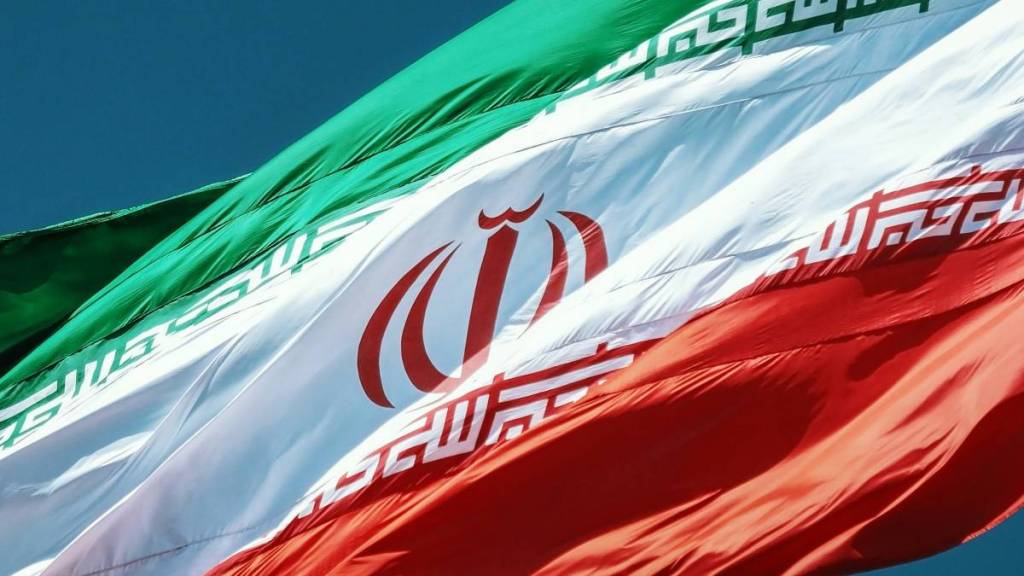Political uncertainty in the mid-eastern nations has led to a small rise in oil prices on Monday but later steadied, as per a recent update. The demise of the Iranian President in a helicopter crash on Sunday affected the price of oil. One of the major oil-producing countries, Saudi Arabia has also cited the poor health of the King for which the crown prince cancelled his trip to Japan.
Reuters reported a hike of 41 cents, or 0.5% in Brent Crude, making it to $84.39 a barrel. It is the highest since May 10. U.S. West Texas Intermediate (WTI) crude oil for June went up by 23 cents to $80.29 a barrel. Earlier, it had reached $80.35, the highest price since May 1. The June contract ends on Tuesday. The more actively traded July contract was at $79.89, up 31 cents, or 0.4%.
Political turbulence
Iranian President Ebrahim Raisi, a hardliner and potential successor to Supreme Leader Ayatollah Ali Khamenei, died in a helicopter crash near the Azerbaijan border, officials and state media reported on Monday.
In a separate event, Saudi Crown Prince Mohammed bin Salman postponed his trip to Japan, which was set to start on Monday, due to his father King Salman’s health issues. Japan’s Chief Cabinet Secretary Yoshimasa Hayashi announced that the 88-year-old king will receive treatment for lung inflammation.
Energy analyst Saul Kavonic from MST Marquee added that the market is used to Crown Prince Mohammed bin Salman’s leadership, and continuity in Saudi strategy is expected despite King Salman’s health issues.
Last week, Brent crude prices rose by about 1%, marking their first weekly gain in three weeks, while WTI crude saw a 2% increase due to positive economic indicators from the U.S. and China, as per Reuters.
In Europe, another Russian energy facility was attacked. The Slavyansk oil refinery in the Krasnodar region was damaged by a drone attack over the weekend, according to state-run TASS on Monday, citing a company security official.
Russia has reported an increase in Ukrainian attacks on its territory since it launched a new offensive in the northeastern Kharkiv region earlier this month.
“The oil market remains stable within a certain range, and without any new developments, we will likely have to wait for OPEC+ output policy to change for any significant price movement,” said Warren Patterson, head of commodities strategy at ING.
Despite the regional instability, oil prices remained relatively stable. Warren Patterson, head of commodities strategy at ING, commented that the oil market is largely rangebound and will likely need clarity on the Organization of the Petroleum Exporting Countries and allies (OPEC+) output policy to see significant changes. OPEC+ is scheduled to meet on June 1.
(With Reuters input)

